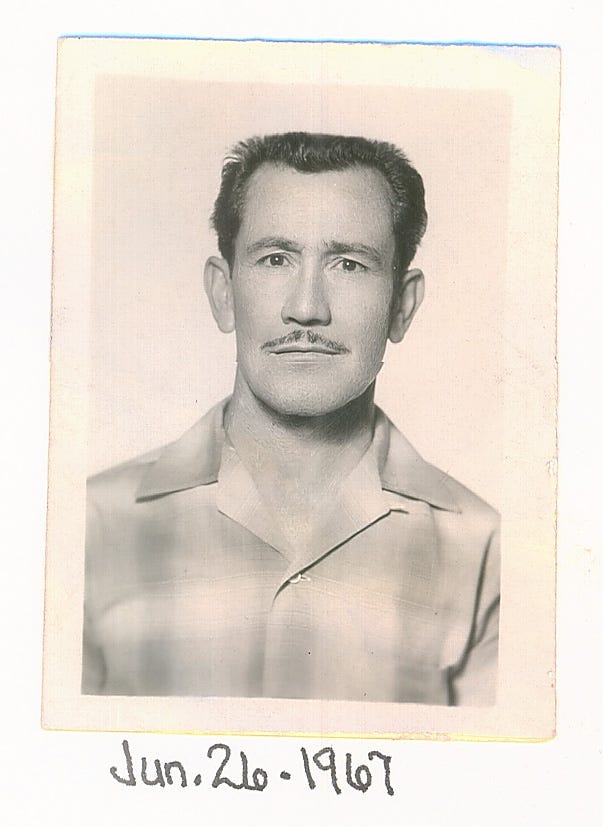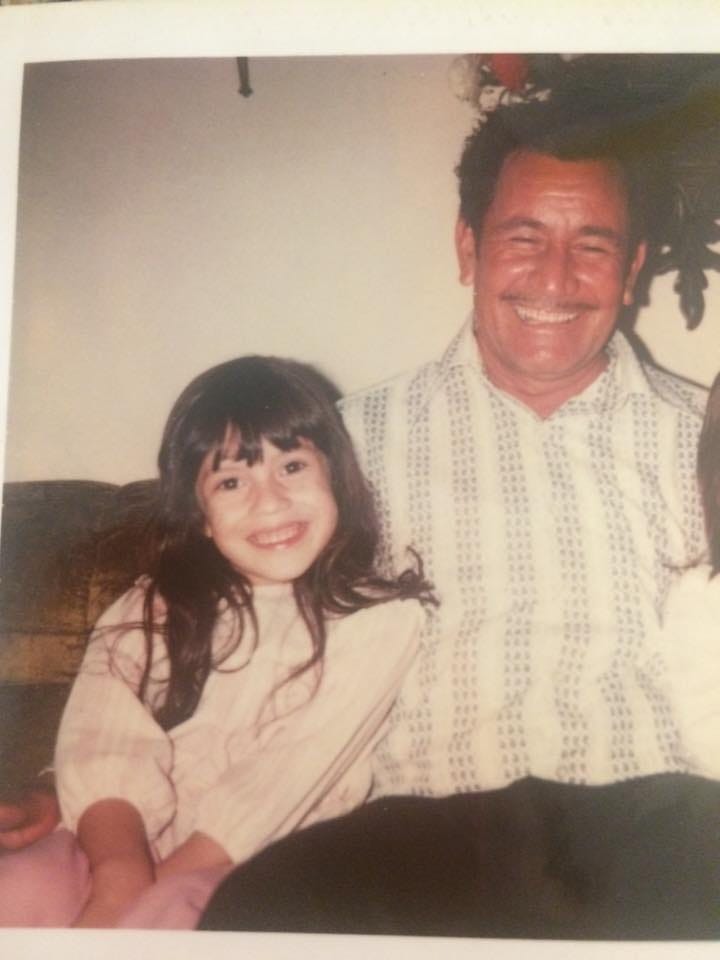🧺 When the Fields Go Silent
Immigrants deserve better than the wrath of this administration
I woke up this morning to news that stopped me cold: farms across Texas—dairy farms, vegetable farms, ranches—are shutting down.
Not because of the weather.
Not because of drought.
Not because of some supply chain disaster.
But because the workers didn’t show up.
The fields are silent.
No machines.
No radios blaring norteño or ranchera.
Just silence.
They’re afraid.
ICE raids have swept through communities, and word spreads fast in towns that live harvest to harvest. Families are staying home. The fields are going quiet.
This is what happens when we criminalize the people who feed us.
Immigrants Are Not a Crisis—They’re the Backbone
It’s time we stop pretending the immigration debate is some abstract political football.
It’s time we tell the truth: immigrant labor is the backbone of American agriculture.
Without it:
Our shelves go empty.
Our economy wilts.
Our humanity erodes.
Last week, Senator Alex Padilla was manhandled.
Today, Vice President J.D. Vance called him “Jose.”
I can’t stand by and listen to this disrespect any longer.
My Story Begins With a Man Named Rosendo
I called him Ito—short for Abuelito.
My Ito came to this country as a bracero, a farmer from Mexico who crossed into the United States with nothing but his hands, his back, and a belief:
If he worked hard, his family could have a better life.
He was one of twelve siblings—ten of them brothers—and he recruited most of them to join him in the U.S. through the bracero program.
He met my grandmother, Lucina—Ita, short for Abuelita. My Ita was already an American citizen. That’s a story for another day. Together, they raised six children. Eventually, they had four grandchildren.
I’m the eldest—and the only grandchild who knew them both.
They were the first people I truly loved. See us below? Aren’t we cute?
The White Shirt Was Never Just a Shirt
My grandfather worked the fields every single day under the scorching Texas sun.
He started as a day laborer and eventually retired as a supervisor at a pecan farm.
But no matter how high he rose, he always wore the same uniform:
A crisp, white, starched, monogrammed shirt.
Like the ones Southern gentlemen wear—with his initials stitched in.
All his clothes were monogrammed. Even his handkerchiefs!
All of them were starched.
My grandmother bleached the shirts by hand, every single night.
It wasn’t just a shirt.
It was a quiet declaration:
We may not have much, but we show up clean. With dignity. With pride.
And we knew what white folks called our people.
My grandparents made damn sure we never lived down to those expectations.
They lived to defy them.
Their children—and their grandchildren—were always clean, starched, shiny.
I can still feel the tight braids my grandmother wove into my hair every morning, and I still see her ironing my clothes, fresh off the line, before school.
The House That Dignity Built
Ito saved every penny—not for a truck, not for a gold chain, not even for himself.
He saved it for a house.
In one of the nicest neighborhoods in our town.
So I could:
Go to preschool, at Little Playmates
Learn to speak English. (Shout out to Sesame Street and PBS.)
Get a head start.
That one act of love—that one sacrifice—changed the trajectory of my life.
I went to a great school.
I went to college.
I earned a graduate school degree.
I achieved the so-called American Dream—the very dream every immigrant, every farmer, every grandfather sacrifices for. And the first souls I thanked after my daughter got the news that she got into Cornell University were my Grandparents (in heaven). See what you did Ita and Ito? See what you helped create, it took 3 generations.
Uncle Manuel's Story
While researching my grandfather, I found the obituary of my Tio Manuel —Rosendo’s brother.
At 23, he came to the U.S. through the Bracero program.
He worked farms in Michigan, Idaho, and the Mesilla Valley.
He loved telling stories of his travels and adventures.
But the real story was what he built:
He and his wife raised six children, instilling a work ethic so deep, so proud, that even the fields respected it.
He taught them by example—harvesting onions, chiles, and pecans side-by-side with his kids—and telling them to keep pushing, to be better every day.
That’s what immigrants do.
They don’t just harvest crops—they harvest possibility. With pride for their work and trade.
Now Imagine This
Imagine my grandfather alive today.
An old man, still proud, still smiling, still walking with a limp from a stroke he had at 27.
Now picture him in a pecan field.
Being chased by ICE.
Torn from his family.
No phone call.
No hearing.
Just gone.
Like he never mattered.
This fight we’re in?
It’s not just about the price of eggs or gas.
It’s about:
Dignity
Compassion
Due process
The truth that people move to survive
And the very core of what makes us American
It’s about remembering the people who built this country—and who still keep it going.
They deserve better.
They deserve respect, dignity, and gratitude.
One Last Word About Ito
He was a happy man.
Always smiling.
Kind to everyone.
Respectful to all.
He died on the Fourth of July.
He may not have been born American—
But he helped build America.
And I will spend the rest of my life making sure no one forgets that.
With so much love,
Nancy Thompson, Proud Granddaughter of a Bracero Farmer and Proud Mother of a Cornell University Student.
💬 If this moved you, share it.
📩 Forward it to someone who needs to see the human side of immigration.
💬 Comment below—what’s your family’s American Dream story?
🧑🌾 Support immigrant rights orgs like RAICES, United Farm Workers, or Texas Civil Rights Project








Thank you for this important essay. We cannot let Trumpism/Fascism pull us down to their level. We must continue your grandparents' fight to maintain the dignity of the immigrant and working people. Our dignity is our power. They cannot take that away.
They can only try and make us give it away.
We all have stories. Thanks so much for sharing yours. I can see through your eyes much of what I experienced growing up. The job matters not, it's the attitude if doing the best you can at what you do and all should be respected for that shared value.